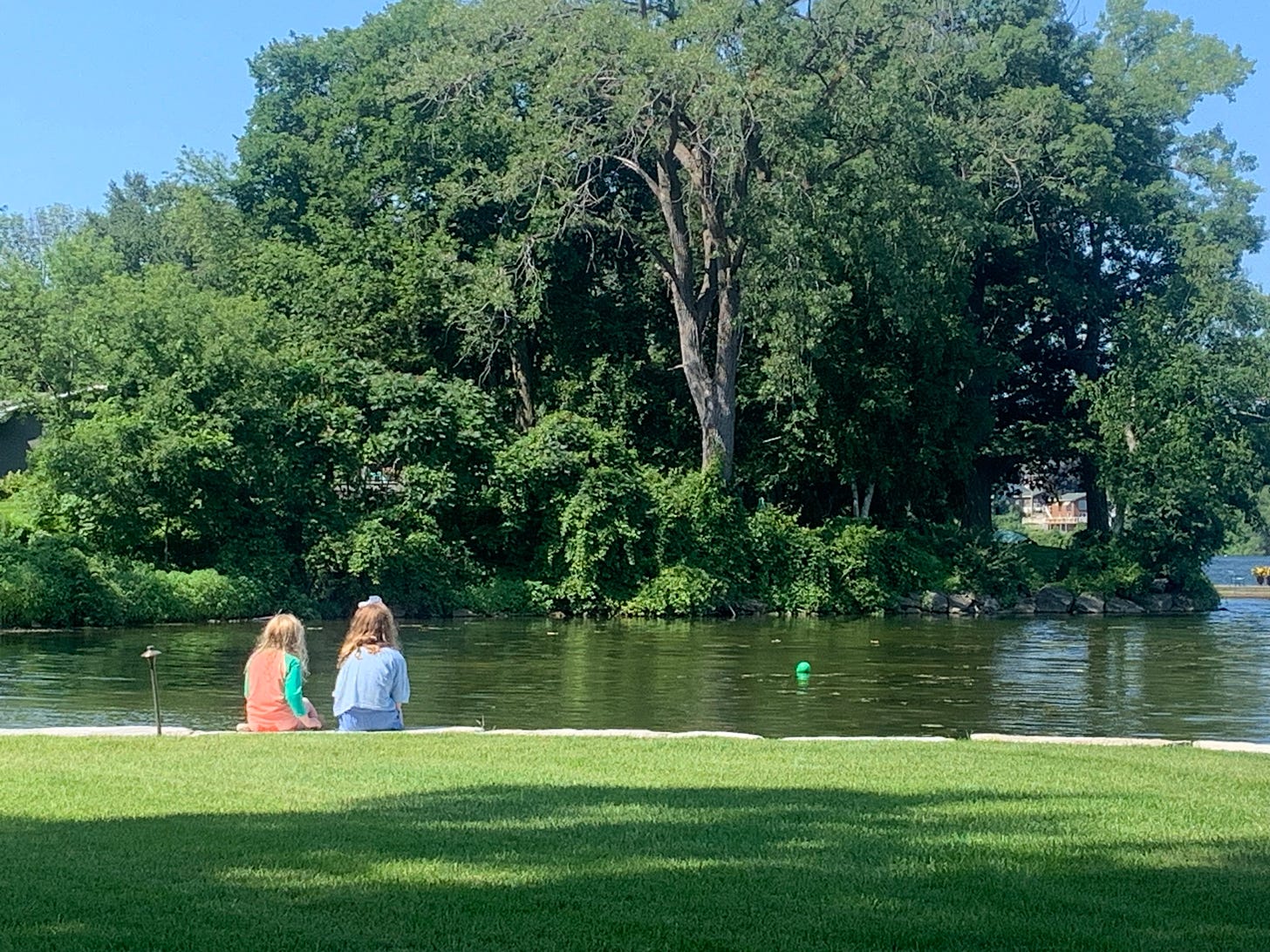Over at Literary Hub, Jonny Diamond’s “Crooked Parallels: On Alice Munro, Andrea Skinner, and My Mother’s Failure to Protect Me” offers:
And yet for all their ability to understand people, to see them, to capture them as characters, these writers could not see themselves.
So it was for Alice Munro.
This disconnect is staggering, certainly. Seeking the same from Matthew 7: the log out of your own eye before attempting to remove the speck from your brother’s. Jonny Diamond’s is but one of a series of pieces that have emerged that discuss sexual abuse and a mother’s abhorrent failure to protect. Via Electric Lit, Bethany Ball’s “My Mother and Alice Munro” writes:
When I read Skinner’s essay, my first reaction was a feeling of admiration for the courage it must have taken for her to tell her story. My next reaction—which has more to do with my own family history than hers—was a feeling of sadness that she wasn’t able to tell the story while Munro was still alive. It’s not that I want Munro to suffer that humiliation for the sake of revenge, but rather, part of the enduring trauma of the abused is that so many of us are never told by the people who were supposed to protect us: I’m sorry. I should have done more. The longing for that validation never really goes away. I still feel it today, years after my mother’s death.
*
Bulgarian essayist Maria Popova reposts her 2013 essay “Viktor Frankl on the Human Search for Meaning” from The Marginalian to social media, suggesting how such uncertain times might require the repeat. She focuses her piece on Austrian psychiatrist and Holocaust survivor Viktor Frankl (1905–1997), best known for his psychological memoir Man’s Search for Meaning (1946), “a meditation on what the gruesome experience of Auschwitz taught him about the primary purpose of life: the quest for meaning, which sustained those who survived.” As she writes: “For Frankl, meaning came from three possible sources: purposeful work, love, and courage in the face of difficulty.”
I’ve never considered suffering required for any sense of the world, but empathy is essential. Empathy, and the ability to own one’s mistakes, and how one responds. It should not be for our errors we should be judged, but for how we choose to respond to those mistakes. How we hold to our own principles, really. The hope through which we might leave a room, through our actions, better than what it had been prior to our arrival. The question of meaning, that even Frankl himself suggested, burns under our fingernails.
Our final morning in Picton, as the children float through the outdoor pool. At home, Rose begins a day camp tomorrow, but Aoife will remain here, for some solo time with Gran’pa and Teri. It is warm, but still early. The day has yet to fully heat up.
As Jane Austen wrote to her sister Cassandra, September 18th, 1796:
What dreadful Hot weather we have!—It keeps one in a continual state of
Inelegance.




